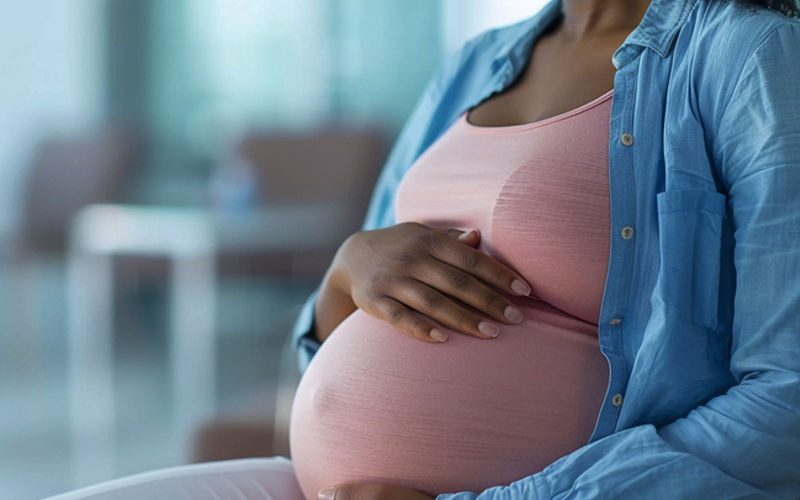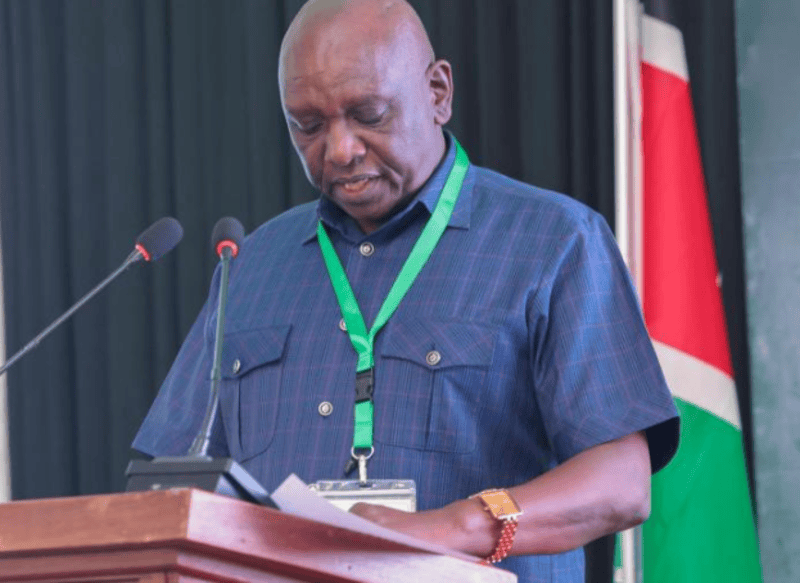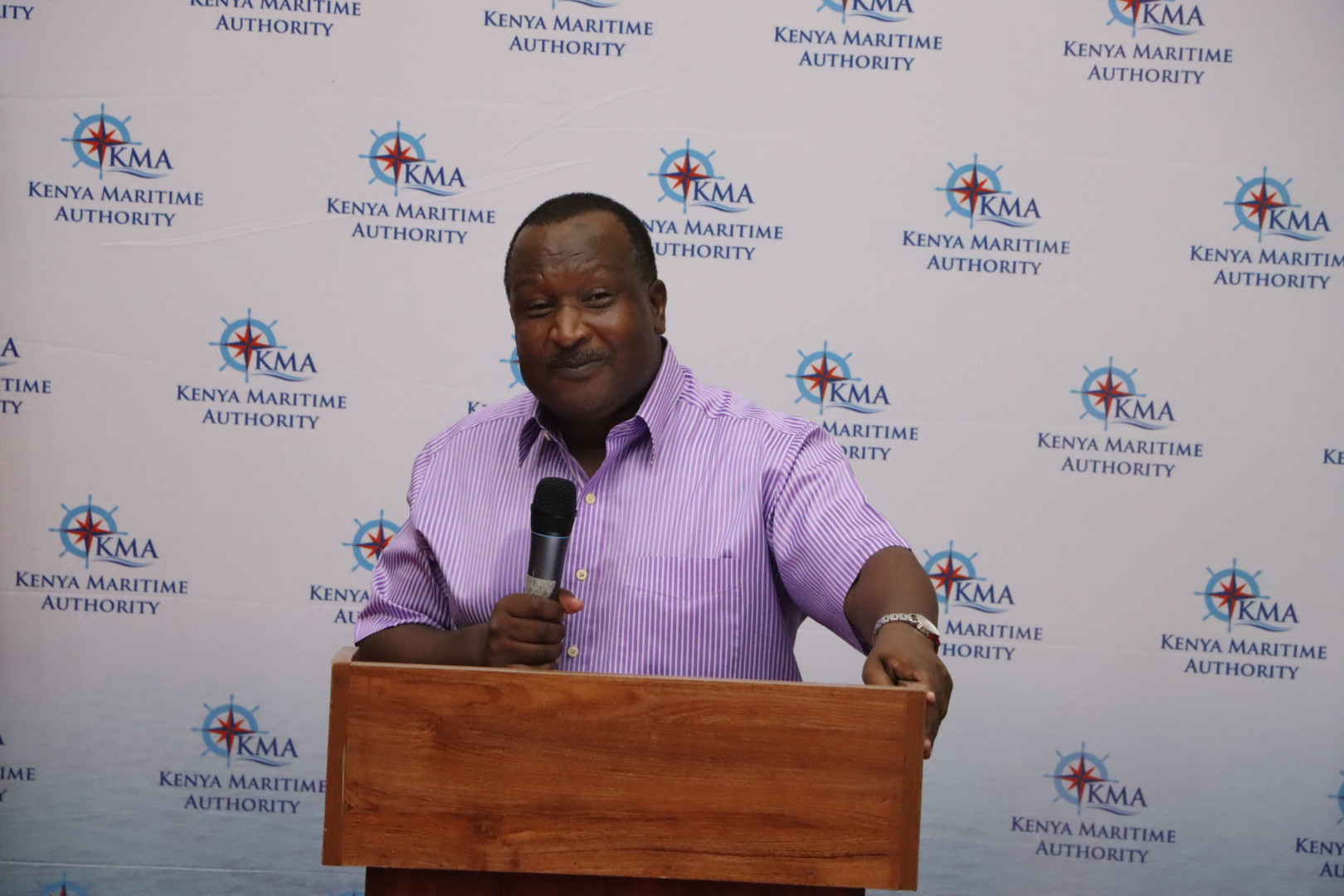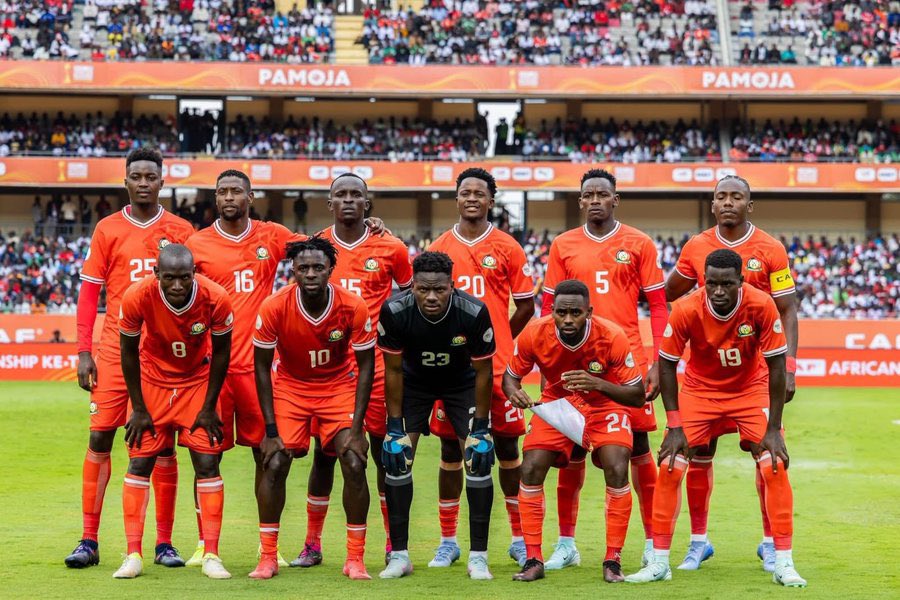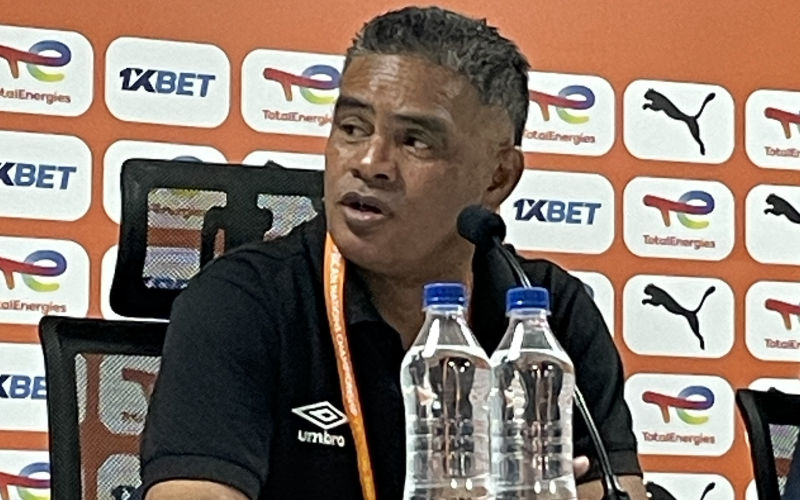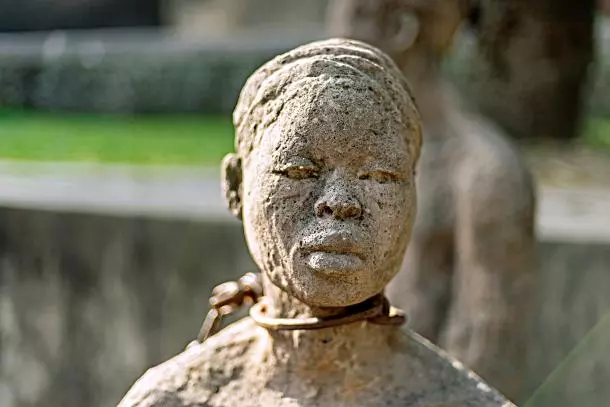COMESA eyes a united response to US trade tariffs impacting member states
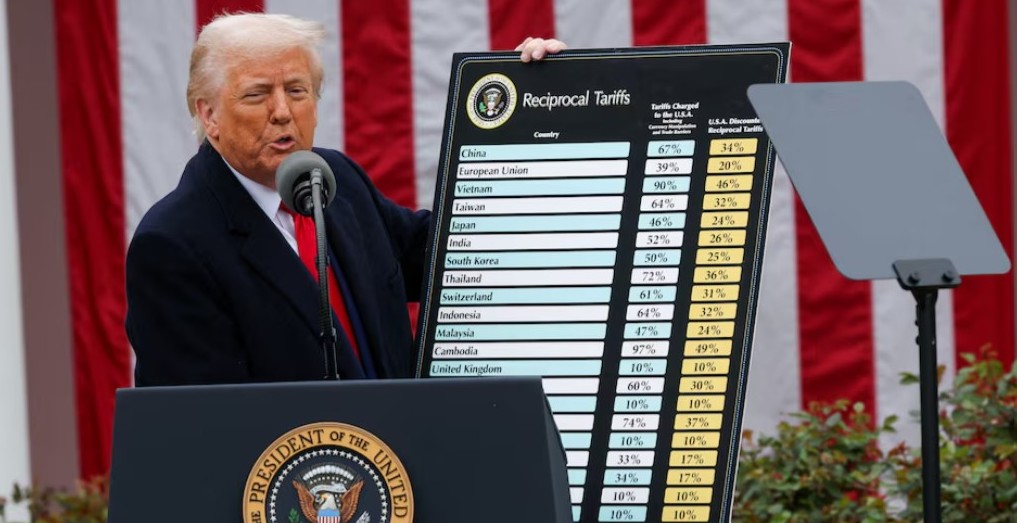
COMESA's announcement comes ahead of planned meetings later this month by SADC and the East African Community, where trade ministers will discuss how to address the tariffs.
The Common Market for Eastern and Southern Africa (COMESA) is exploring ways to respond to US trade tariffs by taking a united front among member states.
This comes as eight member states face economic pressure from tariffs introduced by President Donald Trump on April 2, aimed at reducing Washington's trade deficit and supporting local manufacturing.
More To Read
- Kenya pushes for strict pesticide ban across COMESA bloc
- EAC, SADC agree on unified framework to speed up peace process in eastern DRC
- IMF revises global growth outlook to 3 per cent for 2025
- Comesa watchdog probes airlines for withholding refunds on cancelled flights during Covid-19 pandemic
- US announces withdrawal from UNESCO again, citing "misalignment with national interests"
- Why is Trump meeting five African presidents this week?
The Democratic Republic of Congo, for example, is subject to an 11 per cent tariff imposed by the US. Other affected countries include Libya (31 per cent), Madagascar (47 per cent), Malawi (17 per cent), Mauritius (40 per cent), Tunisia (28 per cent), Zambia (17 per cent) and Zimbabwe (18 per cent).
A total of 29 African countries now face a baseline 10 per cent tariff on their exports to the US, while 22 others are subject to even steeper duties of up to 50 per cent on nearly all goods.
In the period between 2019 and 2023, COMESA's trade with the US made up about 3 per cent to 4 per cent of its exports and 4 per cent to 5 per cent of its imports.
In a recent policy update, COMESA proposed a flexible strategy that involves building new trade partnerships, increasing trade among African countries and investing in better transport and trade infrastructure to support regional growth.
Further, COMESA is also eyeing new trade agreements with the European Union, China, Japan, India, the Middle East and other strategic partners to strengthen global trade ties.
"The resulting high production costs and consumer prices in the US will likely contract its economy and further depress demand for exports from COMESA countries. Key exports from COMESA, such as Kenyan textile products and Zambian copper, will face inflated prices on the US market, while the prices of essential capital goods from the US will rise," COMESA said.
"African countries should collectively engage the US government in making a strong case for a new trade preference for Africa. Just like Canada and Mexico were exempt from the reciprocal tariffs due to the US's national interest, a similar case can be made for Africa in terms of market access and critical minerals supply chain security," said Dr Chris Onyango, the Director of Trade and Customs at COMESA.
COMESA's announcement comes ahead of planned meetings later this month by the Southern African Development Community (SADC) and the East African Community (EAC), where trade ministers will discuss how to address the tariffs.
"The 2025 US tariff regime poses a serious challenge to the EAC export-driven development model, but it also forces a strategic reassessment that could yield long-term resilience," said Veronica Nduva, the EAC Secretary-General.
"With US market access no longer guaranteed, EAC should develop industries for local and African markets. This includes reviving local textile production and policies like mitumba bans to support regional demand."
Top Stories Today


